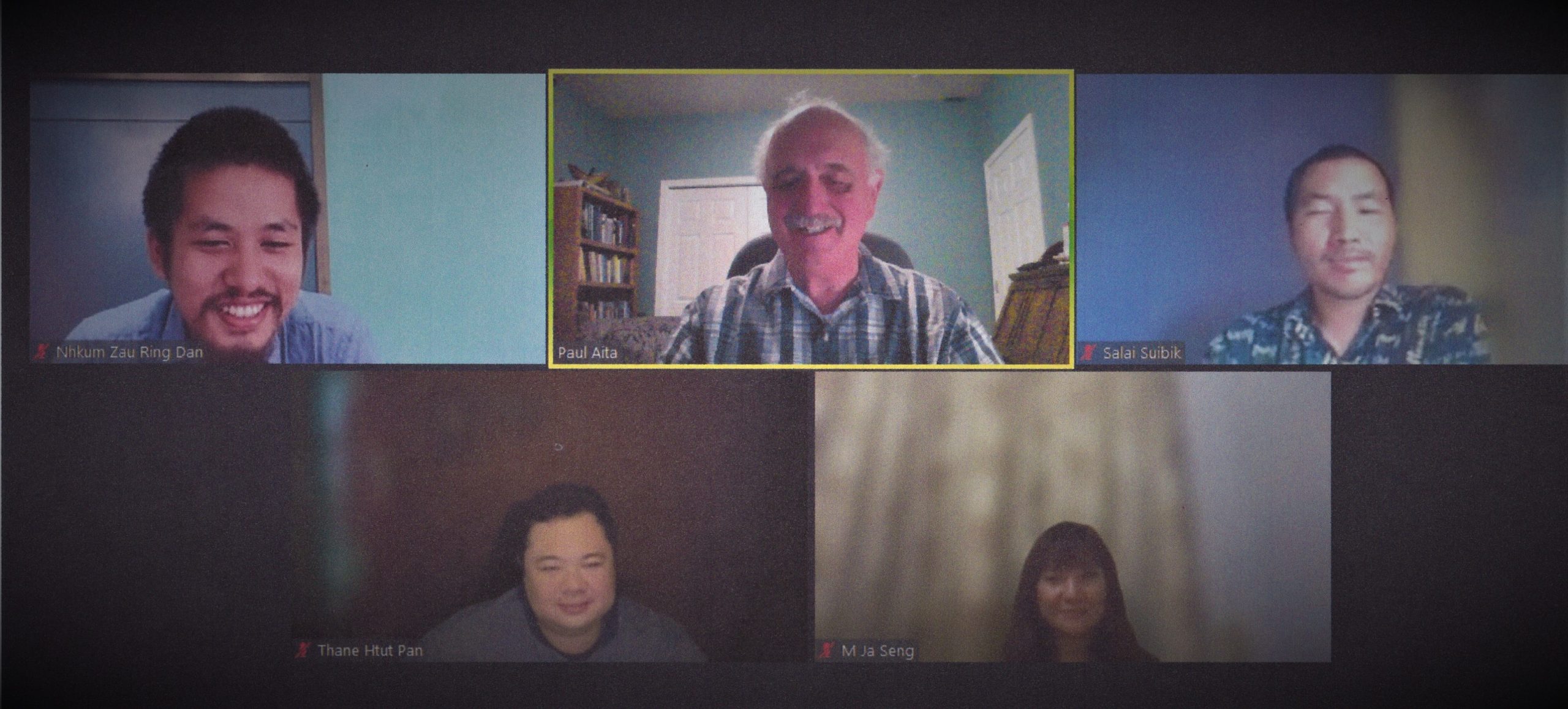
Gail and I have been teaching at the Myanmar Institute of Theology in Yangon (also known as Rangoon) since 2000. We’ve been there ten times as volunteers, usually staying for about two months at a time. Gail has primarily taught English in the undergraduate program, and I’ve taught Biblical languages and ministry courses to divinity students. Over time, we’ve made many close friends among faculty, staff, and students, and we’re glad to have been able to stay in contact during the COVID-19 pandemic and even since the military coup that took place in February of last year.
Understandably, the situation in Myanmar caused the seminary to close in 2021. Then, early in 2022, the leadership decided to resume classes—but online only. Hearing of this, I contacted the administration to ask if there was anything I could do to help. One Biblical Department faculty member asked me to assist her in teaching Introduction to the New Testament, a required course for second-year M.Div. students, and I taught six class-hours of it. For the intensive session held in May with a limited number of elective offerings, I was given responsibility for the introductory course in New Testament Greek, which met for two hours a day, five days a week, for four weeks. In the regular semester that began in June, I taught the Greek II class. I also assisted with Introduction to Pastoral Ministry, a required course for first-year M.Div. students, by teaching ten class-hours, dealing with Biblical and historical background, call to ministry, ordination, and pastoral ethics. As that semester came to an end, I was asked to teach an elective class in Greek Reading for the students who had completed Greek II with me.
Teaching online was a challenge for me, as was the time difference. (Classes were held in the morning, but I taught them the previous evening.) My difficulties were nothing, however, compared with the struggles of my students. I greatly admired their commitments to continued learning in the midst of all that was going on around them, and I trust that taking classes helped them to experience some structure in their lives. The Greek II class was particularly special to me, since it had only three students plus one junior faculty assistant. Though we were in five different places, we were able to develop a caring relationship with one another even as we dealt with the minutiae of Greek grammar. I’m definitely looking forward to continuing with them in Greek Reading.
Paul D. Aita
Special Assistant for Southeast Asia and Japan